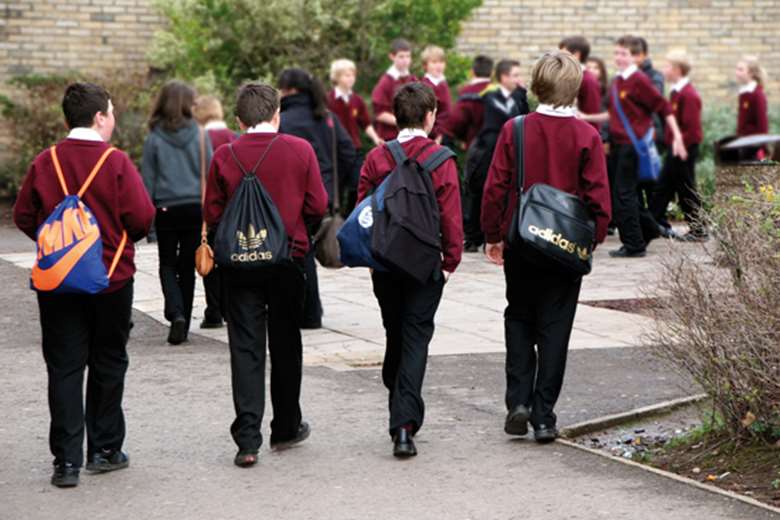Academies fail disadvantaged children, finds charity
Jess Brown
Thursday, July 7, 2016
Education outcomes for disadvantaged children attending schools that are part of multi-academy trusts have deteriorated over the past three years, Sutton Trust analysis has found.

The education charity analysed pupil attainment over the past three years at 39 academy chains out of the current of 314 in England, specifically focusing on the outcomes for disadvantaged children.
It states in its report, Chain Effects, that disadvantaged pupils in a third of academies were attaining significantly below the national average.
Performance over the three-year period was also found to have got worse - the proportion of chains above average for overall attainment was 48 per cent in 2013, 36 per cent in 2014 and 31 per cent in 2015.
In 2015, 38 per cent of chains were below average for both English and maths progress, compared with 26 per cent in 2014.
Academies with below-average attainment were twice as likely to be judged "inadequate" by Ofsted - four in 10 were rated inadequate or "requires improvement".
The academy sponsorship programme was introduced in 2000 by the Labour government to improve schools that had a large proportion of disadvantaged pupils.
"Our present analysis shows the urgency of acting on these findings, for the sake of the disadvantaged young people concerned," the trust states in its report.
"To be clear, to find cases of chains where attainment for disadvantaged young people is significantly low and has not improved in three years, within an intervention specifically designed to improve the prospects of this group of young people, is alarming."
It has recommended that the government creates a taskforce to act as mentors for struggling academy chains.
Roy Perry, chairman of the Local Government Association's children and young people board, said these findings prove that local authorities have an important role to play in educational improvement.
"Rather than spending money on structure changes, the government should urgently address more pressing issues such as the need for more school places and the growing teacher recruitment crisis, to make sure that all schools can provide the best possible education for every child.
"These figures, and previously published statistics, clearly demonstrate that councils are education improvement partners, rather than barriers to delivering the high-quality education that our children deserve.
"The government should recognise councils, role in education improvement, and that imposing structural changes on schools does not guarantee improvements in education."
Nansi Ellis, assistant general secretary for policy at the Association of Teachers and Lecturers, said: "The Sutton Trust's research shows yet again that changing a school into an academy does not of itself improve pupils, performance, particularly that of the most disadvantaged children."




